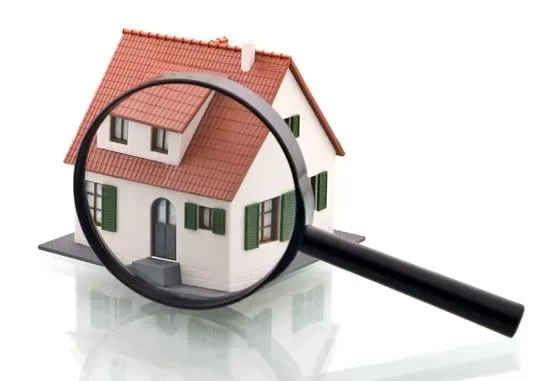If you’re looking to buy a new home in Madison, AL, it’s crucial that you have the property inspected before making the purchase. This might seem like an unnecessary expense, especially if you are trying to save money during the buying process, but it can actually save you thousands of dollars in the long run. A home inspection is a thorough evaluation of all major systems and components of a property. Hiring a home inspector ensures there are no major maintenance service costs you have to bear after investing in a property.
In this blog post, we will discuss why getting a home inspection is important and what specific areas should be examined.
Why Should You Get A Home Inspection?
A professional home inspection in Madison, AL, is essential for any potential home buyer because it provides valuable information about the condition of the property. Without an inspection, there may be hidden flaws or problems that could be costly to fix later on down the line. An inspector will examine various parts of the house, including plumbing, electrical systems, HVAC systems (Heating, Ventilation, Air Conditioning), structural defects or damage (foundation walls, roof), and appliances.
Another benefit of getting a home inspection is that it can give you additional leverage during negotiations with sellers. If any issues are discovered during an inspection report, buyers can ask for repairs to be made or request concessions such as credits towards closing costs rather than having to pay them out-of-pocket expenses. Thus availing of home inspection services has multiple benefits.
What Do Inspectors Look For During The Examination?
To properly evaluate whether a home has major issues that require immediate attention(health and safety concerns), the inspector examines these five categories:
1) Structural Components: Your inspector will check if foundation problems or other signs, such as water intrusion in walls/ceiling/flooring, indicate structural damage exists. They’ll also look at roof leaks, cracks in foundation grout lines, and gaps between pipes/wires entering/exiting the building.
2) Electrical Systems: Inspectors check for not only exposed wires but also outdated wiring used within the building’s circuitry, which could result in fire hazards.
3) Plumbing System: An inspector will assess pipes, drainage systems, and water distribution systems for leaks, damage, and deterioration. They’ll most likely test frequently used faucets to see if they leak or not (bathroom/kitchen)
4) HVAC system: Your inspector checks the entire heating, ventilation, and air conditioning system of the property to ensure that it’s working properly.
5) Appliances: Inspectors turn on all appliances, including ovens, stovetops, and dishwashers, whether or not they are operational, as well as any connectors used in other home products. Therefore, any broken parts can get identified early & avoid buyer frustrations of having to deal with this on their own after moving in.
Conclusion
Getting a home inspection is crucial before buying a new property. The inspection can provide valuable information about the condition of the property and help buyers make informed decisions about whether or not to move forward with the purchase. Home inspections protect you from expensive repairs down the road by identifying major issues that could go unnoticed if unaddressed in the first place. Additionally, hiring home inspection services gives you leverage during negotiations over repair costs/discounts off closing costs based on seller concession credits with money-saving benefits worth consideration.
When selecting an inspector, make sure they are licensed within your state & have experience conducting inspections in your type of property(home). Look through testimonials online or provided directly from past clients/work references. You need someone you can trust who’ll conduct a diligent review should identify potential problems quickly while avoiding false faults outside your budget preconceptions/expectations (i.e., unrealistic requests should be reported after discussing implications of ignored follow-up actions). Remember, when choosing many inspectors, it may differ slightly in terms of scope & price, but finding someone trustworthy expert with reasonable fees is key.

